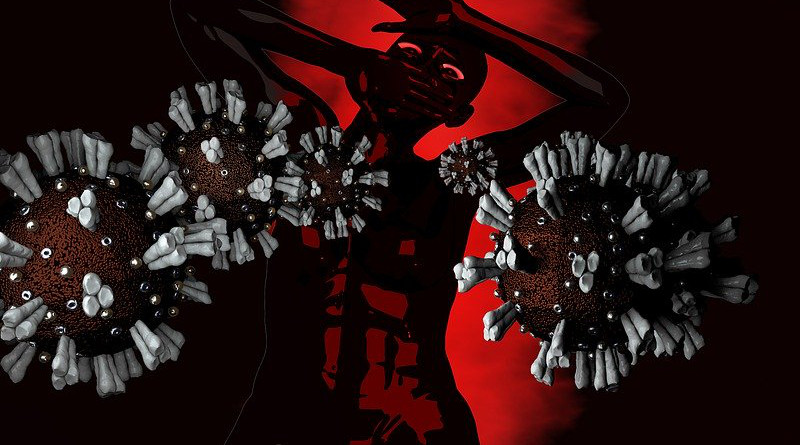With End Of Pandemic, World Less In Post-War Than Pre-War Conditions – OpEd
By Paul Goble
Since the arrival of the coronavirus, many have compared the struggle against it to a war, but Vladislav Inozemtsev says that in his view, the emerging situation in the major economies resembles less a post-war than a pre-war one, something with especially negative consequences for Russia.
Describing the fight against the pandemic as a war ignores two important things, the Russian economist says. On the one hand, “humanity is living in a most prolonged period of global peace.” And on the other, the battle countries have been waging is not one against others but against an outside force (snob.ru/entry/202111/).
There is only one way in which the fight against the pandemic has resembled a war, and that is how governments paid for it. Western countries borrowed to help their populations a greater percentage of GDP since World War II. But even that comparison is problematic as the larger countries aren’t on the gold standard and can borrow without so many problems.
But the aspect of the situation which makes the fight against the pandemic least like a war is that it “did not change the relation of forces in the world” or resolved basic conflicts. Instead, Inozemtsev suggests, the situation now “recalls more a pre-war than a post-war one” given how countries are responding.
“Countries are closing themselves off from one another, suspiciousness both foreign and domestic is growing, ‘the vaccine race’ is similar to the arms race, and institutions of international cooperation are losing their former role,” with bodies like the G20 increasingly vestigial.
As a result, even though everyone fought in this pandemic “war,” no country defeated another country. At best, it defeated a virus and did so in ways that would allow it to compete with others better in the future than in the past. Those that have restored their economies first are the most like victors and those who modernized the economies most will do better in the future.
Russia qualifies in neither of these: It hasn’t restored its economy so its prospects for growth anytime soon are poor; and it hasn’t changed its economy away from raw materials which the post-pandemic world is going to have ever less use for to a high-tech economy which is the wave of the future.
For the future, the timing of the defeat of the pandemic matters less than the ways in which countries are restoring their economies and modernizing them, Inozemtsev continues. Authoritarian regimes had an easier time against the pandemic precisely because of their harsh rule than did more open democratic regimes.
But at the same time, the more open democratic regimes, despite their greater human losses in the pandemic, have been far more open to modernizing than the authoritarian ones. And consequently, they are better positioned to take off now even if they had more difficulty bringing the pandemic under control.

